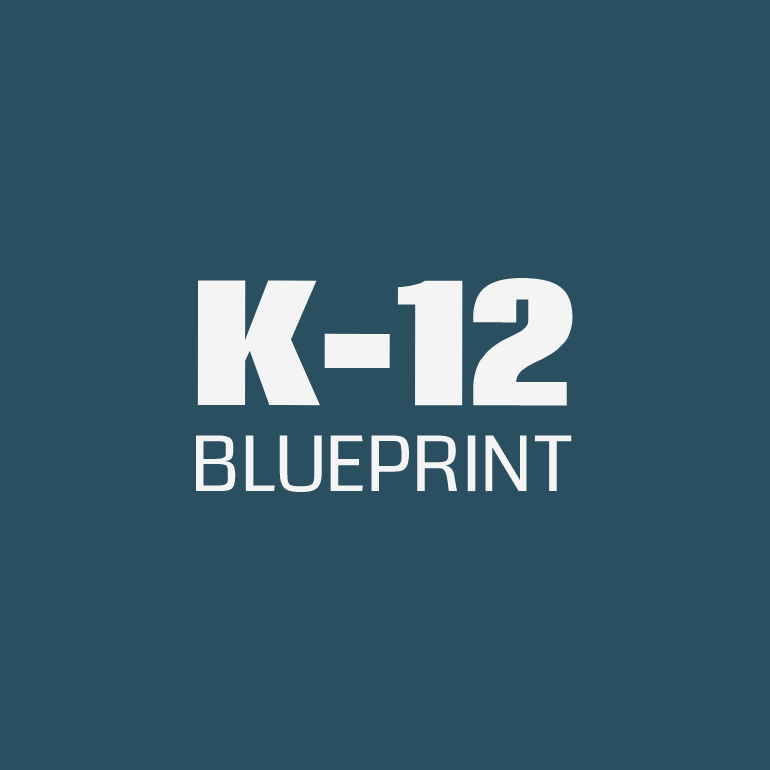Page Not Found
Our Apologies.
We've revamped our site and the page you requested has been moved. Please use the Search box on the top right to locate the content you are interested in. Or, click here to jump to the home page and explore the site.

Our Apologies.
We've revamped our site and the page you requested has been moved. Please use the Search box on the top right to locate the content you are interested in. Or, click here to jump to the home page and explore the site.